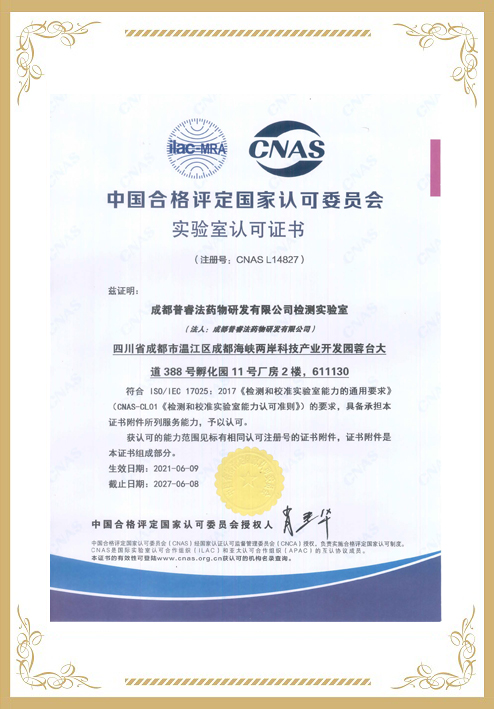Background: Rheumatoid arthritis (RA) is a persistent, inflammatory autoimmune disease that mostly affects joints. Advanced RA may cause irreversible bone damage, limiting joint mobility. RA patients are at higher risk of secondary complications like myocardial infarctions, strokes, pulmonary dysfunction, neurological abnormalities, and depression. Physical therapy is a common arthritis treatment that can reduce symptoms when combined with medications. In RA, metabolic reprogramming is frequently characterized by increased glycolysis and glutaminolysis, which coincide with increased expression of key enzymes, namely hexokinase 2 (HK2) and glutaminase 1 (GLS1).
Methods: Here in this study, 2706 phytochemicals from the Biopurify Phytochemicals subsets of the ZINC database were computationally screened against the active sites of HK2 and GLS1 proteins using Autodock vina. The docking poses and interaction analysis were examined using the Discovery Studio visualizer.
Results: The compounds ZINC8234294, ZINC49888756, ZINC95627883, ZINC4096846, ZINC4098366 and ZINC49823084 interacted strongly with the majority of the active site residues of both HK2 and GLS1 proteins. The interactions of these compounds with HK2 and GLS1 were found to be facilitated by various aspects of the interactions, including the Ligand SASA, the total number of favorable and unfavorable interactions, the charge, and the number of hydrophobic and hydrogen bonds formed during the interaction.
Conclusion: Targeting HK2 and GLS1, these compounds could serve as potential drug candidates for metabolic reprogramming in RA. Given that the current study is based on in silico analysis, experimental validation is necessary.























